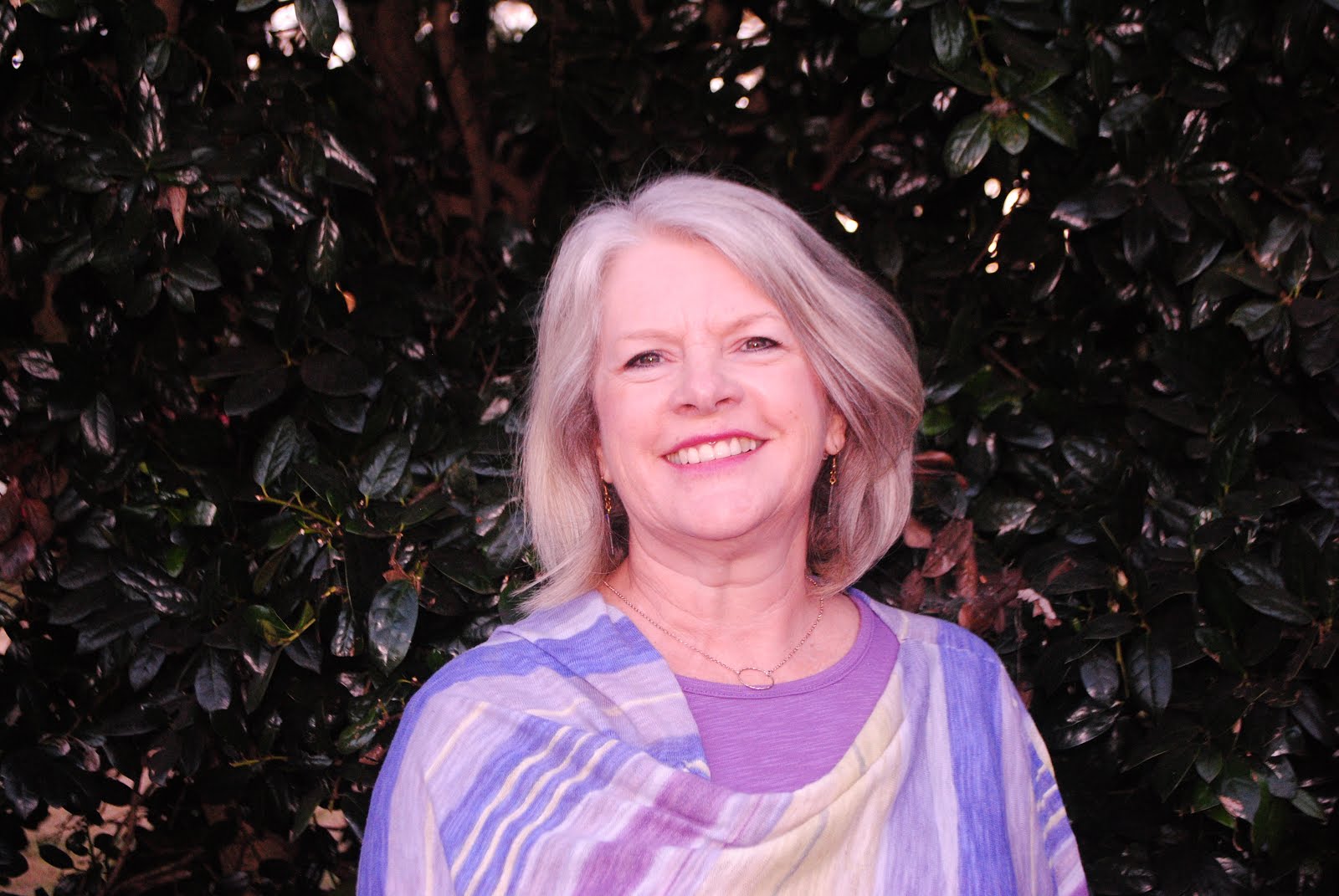This month for one book club, I read The Accidental Empress by Allison Pataki, a well-researched work of historical fiction that I might not have considered reading otherwise. I will admit that I had a little bit of trouble with the first pages. A debut novel, the introduction felt a bit clunky. I also caught myself looking up words the characters used (such as surreal) to confirm my suspicion that they were a bit anachronistic.
Nevertheless, this novel about a Bavarian girl Elisabeth (called Sisi) who married Emperor Franz Joseph of the Habsburg dynasty, when his empire, in addition to Austria, included Hungary, Italy, and France, introduced me a part of European history that was totally unfamiliar. Sisi was raised without the strict upbringing of a royal court. She loved riding horses and spending time out of doors. Originally, she wasn't intended to be the wife of her first cousin Franz. (Yes, there's that cousin issue.) Her older sister had been selected by Sophie, her aunt that became her mother-in-law.
Marrying Sisi was one of the rare occasions when Franz bucked his mother's plans. After the marriage, though, she took charge. And when the couple's children came alone, Sophie took over them too. Surrounded by ladies in waiting who reported her every move, Sisi fell into a depression and focused on her appearance, spending hours on her hair and skin.
While the discomfiting details Pataki shares about Sisi's life are supported by research, to the people in her husband's kingdom, she was beloved. She is credited with some of her husband's political successes. Her diaries also provide much insight into her life. Partake also goes into detail about an alleged romance between her and Andrassy, one of the powerful figures in Hungary.
As I read this novel, I found myself searching the internet--history.com and Youtube videos--to learn more about the most interesting powerful woman. I found that yes, she was known for her elaborate hairstyles and her corseted 18-inch waist. I also found that there is so much more to her story, which explains why Pataki has written a sequel.
When our book club met to discuss the book, one of the members, originally from Germany, told us that when she grew up, Sisi was their Cinderella. They knew all of the wonderful things about her. I couldn't help making my own connections to Princess Di and to Jackie Kennedy--and most recently, Meghan Markle. All these women's stories are a reminder that a royal lifestyle leaves much to be desired--especially for strong women with minds of their own.








